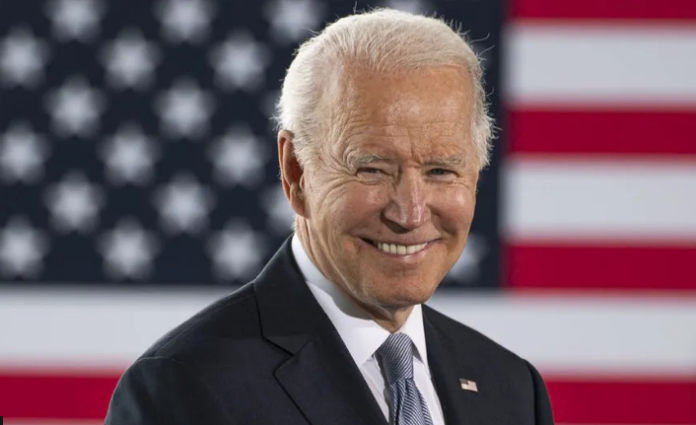President Joe Biden’s recent announcement about his planned trip to Africa in February has garnered significant attention.
This declaration was made during an official greeting of Kenyan President William Ruto at the White House, highlighting the importance Biden places on fortifying relations with African nations.
The timing of the announcement is crucial as it comes in the wake of the upcoming US presidential election, where Biden is set to face off against former President Donald Trump.
[ Donald Trump Tailgates Before Iowa-Iowa State Game, Crowd Goes Crazy As He Walks Into Stadium ]
This move signals a strategic effort to enhance diplomatic ties and underscores Biden’s commitment to a broader foreign policy agenda that includes Africa as a pivotal player.
The political implications of this announcement are multifaceted. For one, it reinforces Biden’s intention to diversify US foreign policy efforts, which have historically been more Eurocentric and Asia-focused.
By scheduling a trip to Africa, Biden aims to address longstanding criticisms regarding the perceived neglect of the continent in US international relations.
Critics have pointed out that Biden did not visit Africa during his first term, a point that has not gone unnoticed by African leaders and the diaspora community in the US.
This forthcoming visit could serve as a corrective measure, showcasing a renewed focus on Africa and its burgeoning economic and geopolitical significance.
Furthermore, this planned visit could play a role in shaping the dynamics of the 2024 presidential election. By emphasizing his commitment to global engagement, Biden contrasts his foreign policy stance with that of Donald Trump, whose administration was often criticized for its isolationist tendencies.
Strengthening ties with Africa could resonate well with voters who favour a more interconnected and globally engaged United States.
Additionally, this trip underscores Biden’s broader foreign policy objectives, which include addressing global challenges such as climate change, economic disparities, and security issues through multilateral cooperation.
During President Joe Biden’s upcoming visit to Africa, a range of critical issues will be on the agenda for discussions with African leaders.
One of the central topics will be trade relations between the United States and African nations. Strengthening these economic ties is pivotal for both parties, as it can lead to increased investment, job creation, and economic growth.
Enhanced trade agreements are expected to be a major focus, aiming to facilitate smoother and more beneficial exchanges of goods and services.
Debt relief will also be a significant point of discussion. Many African countries are grappling with substantial debt burdens, which have been exacerbated by the COVID-19 pandemic.
President Biden is expected to explore avenues for providing debt relief, which could help stabilize economies and foster long-term development. This aligns with the broader goals of promoting financial stability and sustainable growth across the continent.
Geopolitical situations in regions such as Haiti, Ukraine, and Sudan will also feature prominently in these dialogues. The United States has a vested interest in promoting peace and stability in these regions, and collaboration with African leaders is crucial.
For instance, the ongoing conflict in Sudan and the political instability in Haiti and Ukraine require coordinated international efforts, with Africa playing a significant role in regional diplomacy and peacekeeping.
The significance of these discussions cannot be overstated, as they aim to enhance mutual interests and foster stronger bilateral relationships.
Previous visits by senior Biden administration officials to Africa have laid the groundwork for these high-level talks. These earlier engagements have set a constructive tone, addressing preliminary concerns and establishing a foundation for more comprehensive discussions during President Biden’s visit.
Moreover, President Biden’s potential visit to Angola, as discussed during his meeting with President Joao Lourenco, underscores the strategic importance of this trip.
Angola’s role as a key player in regional politics and its economic potential make it a focal point for U.S.-Africa relations. This visit is expected to open new avenues for cooperation in various sectors, including energy, infrastructure, and governance.
Catch up with the latest news from The Times Post on WhatsApp by following our channel. Click here to join.
Kindly follow @thetimespost on Instagram. On X (Twitter), follow @thetimespost2.


